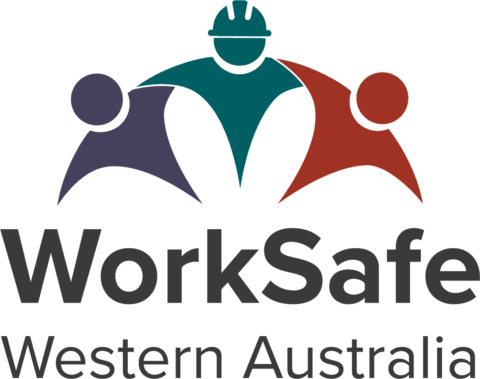Cases of over-hydration have recently become more common on Western Australian mine sites. Over-hydration (hyponatraemia) is caused by consuming too much water which dilutes sodium to unhealthy levels.
Hyponatraemia can occur from an underlying health condition or after heavy physical labour in hot conditions. If the non-acclimatised worker attempts to manage heat stress solely by drinking large volumes of water, the body may still heat up and the normal electrolyte balance may be disrupted, with serious health outcomes.
Dehydration (hypernatraemia) is a more well-known condition that is caused by lack of water leading to excessive sodium levels. Consumption of alcohol, coffee or sugary drinks will contribute to dehydration.
Medical treatment should include ongoing welfare checks until all symptoms are resolved as the conditions deteriorate quickly.
Contributory factors
- Hot conditions
- Work rates (will vary between individuals)
- Heat acclimatisation (can be affected by recent absences)
- Gender, age, obesity, general fitness
- Recent infections or chronic health conditions.
| Condition | Over-hydration (Hyponatraemia) | Dehydration (Hypernatraemia) |
| Causes | Low serum electrolyte concentrations | High serum electrolyte concentrations |
| Early signs | Clear urine Increased urination frequency | Dark urine Reduced urination frequency |
| Clinical symptoms | Lack of energy Drowsiness and fatigue Confusion Nausea and vomiting Muscle weakness, spasms or cramps Seizures Coma Death | Excessive thirst Irritability Headache Lack of energy Confusion Muscle spasms Seizures Coma Death |
| Recovery period | Brain swelling may take months post seizure / coma Organ damage may take months or be irreparable. Medico-legal driving restrictions (vary from 6 months – 5 years) | Same as Over-hydration |
| Risk factors | Prolonged heavy workload Underlying medical condition Excessive sweating and thirst Excessive water consumption Greater than 1 Litre /hour | Prolonged heavy workload Underlying medical condition Excessive sweating and thirst Inadequate water consumption Use of diuretics (coffee or medications) Overuse of salt replacement products |
| Control | Seek urgent medical advice | Seek medical advice |

